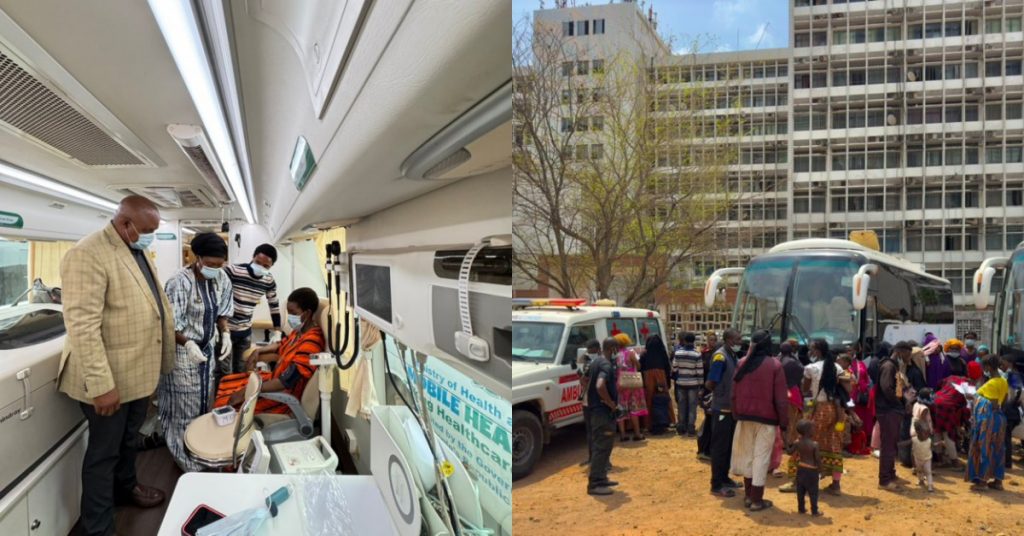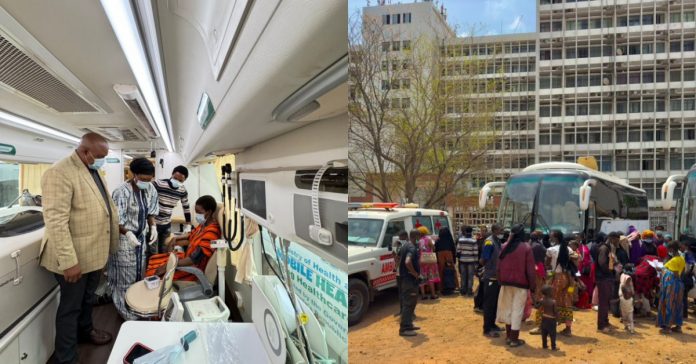By Mohamed Kamara
(Former Correspondent)
The migration of Sierra Leoneans to the Islamic Republic of Mauritania has evolved over decades into a humanitarian crisis, driven by misinformation and desperation. Many West Africans, including Sierra Leoneans, have long believed that Mauritania offers a gateway to Europe—specifically to the Spanish Canary Islands: Las Palmas, Tenerife, and Lanzarote.
This perception has led thousands to attempt the perilous route through Guinea and Senegal, eventually arriving in Mauritania’s capital, Nouakchott, only to realize they have been deceived. So-called “Temple Runners”—illegal travel agents and smugglers—lure migrants with false promises of easy passage to Spain via the sea.
The harsh reality becomes evident when migrants reach Nouadhibou, Mauritania’s key port city and unofficial transit hub. Some manage to board ships bound for Europe through clandestine means, often hiding aboard or paying hefty bribes. Others are less fortunate—many have reportedly died at sea, with their bodies thrown overboard by crew members without a trace or notification to families.
The journey is grueling. Those unable to pay for the full trip through the desert are frequently forced to walk up to 50 miles to reach Nouadhibou. Reports suggest that horse and donkey cart owners often abandon them midway to avoid arrest by security forces.
During a recent visit to Nouadhibou, the writer observed over 500 stranded West African migrants, including Sierra Leoneans. With border controls tightened and UN peacekeepers monitoring the nearby Saharawi Republic, crossing illegally is nearly impossible. The Saharan desert is also littered with landmines, and attempts to bypass official checkpoints often prove fatal.
Returning home is equally difficult. Many migrants lack the resources to fund the journey back to Freetown. Support from international bodies like the International Organization for Migration (IOM) is limited, although a recent intervention saw 87 individuals rescued.
For those unable to proceed to Nouadhibou, life in Nouakchott is no less challenging. Employment is scarce, and migrants often resort to menial jobs—working at construction sites, dyeing white fabrics into the traditional “Malafe” garments worn by women, or producing and selling pastries.
Social discrimination further compounds their suffering. In a country where colorism is rampant, black Africans are routinely harassed and asked for identification multiple times a day. Even married couples are often required to produce marriage certificates when seen walking together in public.
Out of the estimated 500 Sierra Leoneans still in Mauritania, only a small fraction—approximately 0.6%—are Islamic students studying under local scholars. The rest remain trapped in limbo, victims of deception and a failed dream of migration to Europe.
As deportations loom and opportunities diminish, the need for urgent humanitarian intervention and a reevaluation of regional migration strategies becomes more critical than ever.








